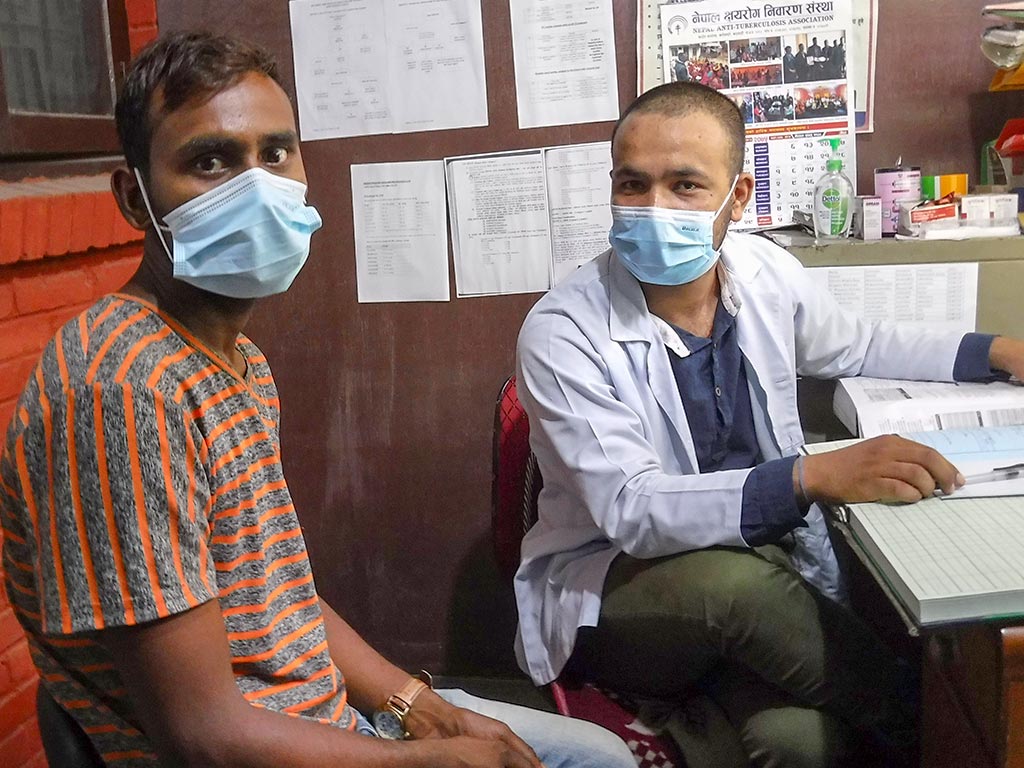AI helps eradicate tuberculosis in Nepal's mountain villages
Portable X-ray machines capable of early diagnosis in a short time have been brought to more than 5,000 meters above sea level. Nepal is one of the countries with the highest rate of chronic repiratory diseases worldwide. The Stop TB expedition, supported by the United Nations, gave the equipment to a local hospital at the end of the trial.
Kathmandu (AsiaNews) - In Nepal, at more than 5,000 meters above sea level, an expedition of experts has been screening for tuberculosis using artificial intelligence. X-rays were conducted outdoors with a panel that, after collecting data, sent it to a computer for processing and diagnosis, which was obtained in 30 seconds. Without artificial intelligence, the process would have taken several hours.
Jacob Cresswell, who heads the U.N.-backed Stop TB group that oversaw the project in May, explained to the South China Morning Post that he wanted to show that portable radiology machines equipped with artificial intelligence, each weighing about 25 kilograms, work even in one of the world's most remote locations, allowing early diagnosis to eradicate tuberculosis, a disease still prevalent in several low-income countries, including those in South Asia.
Nepal, in particular, has one of the highest rates of chronic respiratory disease in the world. In the eastern province of Khumbu, cough is such a common condition that it is called “Khumbu cough.” It is a condition often caused by dry, oxygen-deprived air, but some residents have more serious conditions. Tuberculosis is in many cases transmitted by individuals who do not know they have it.
“The doctors we spoke with said they have not received many cases of TB. But they acknowledged that this may not reflect reality, because they do not have the means to screen and diagnose,” recounted Mikkel Broholt, Stop TB operations director and expedition member.
According to World Health Organization data dating back to 2022, there is only one doctor for every 150,000 inhabitants in Khumbi province. In the entire country of 29 million people, there are only 150 radiologists who can read exams. And to take an X-ray, residents must travel all the way to the capital, Kathmandu, a journey that is too long and expensive for many. Portable X-rays “not only eliminate the need to travel to large cities, but also make TB screening less dependent on highly trained medical personnel.”
“TB is the world's deadliest infectious disease, disproportionately affecting the marginalized. Artificial intelligence represents an opportunity to invest in health equity,” continued Broholt, who at the end of the expedition donated the device to a local Nepalese hospital, where health workers learned how to use it.
11/08/2017 20:05







.png)










